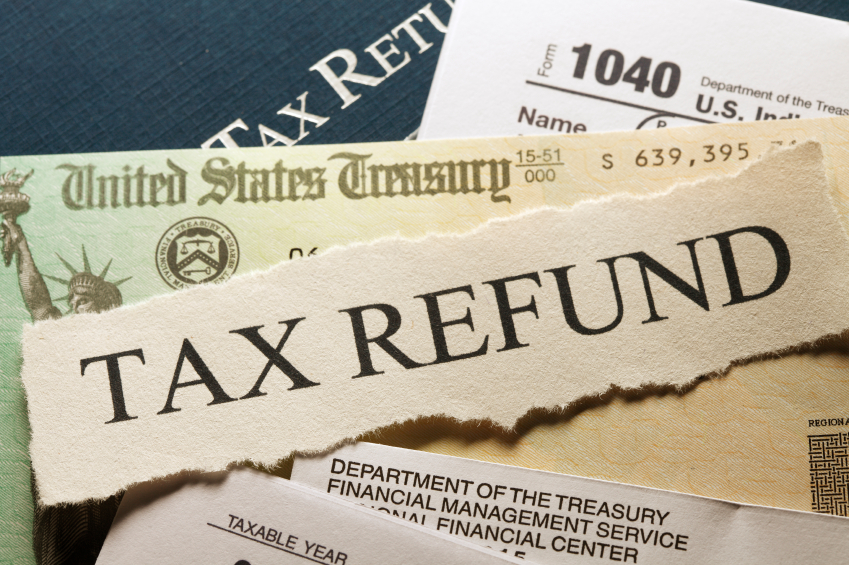If you are counting on getting your federal income tax refund this tax season, you can’t be so sure that you will if you owe one any of a long list of debts. 100% of your tax refund could be taken—offset—in payment or partial payment of one or more of these debts.
The federal agency that issues IRS tax refunds—the Bureau of Fiscal Service (BFS)—is also the federal government’s central debt collection agency. It handles the government’s non-tax delinquent debts, and is in charge of the Treasury Offset Program. This program matches a database of people who owe money to the government against those who are receiving tax refunds (as well certain other types of payments from the federal government). When there is a match, the tax refund is used to pay the delinquent debt.
CAN’T THE IRS ONLY TAKE MY TAX REFUND IN PAYMENT OF OTHER FEDERAL INCOME TAXES?
Far from it. Through this Treasury Offset Program, your refund could be taken or reduced to pay the following:
- Past-due child support
- Many kinds of Federal agency NON-TAX debts
- State income tax obligations
- Certain unemployment compensation debts owed to a state
WHAT IF I DO OWE FEDERAL INCOME TAXES FOR ANOTHER TAX YEAR?
Any outstanding taxes you owe to the IRS will always be paid first out of your IRS refund. Other debts can’t get paid through your federal tax refund until the IRS has paid itself first.
WHAT NON-TAX FEDERAL DEBTS COULD BE PAID OUT OF MY IRS REFUND?
The kinds of debts that could owe to the various agencies of the federal government include:
- loans made, insured, or guaranteed by the federal government, such as student direct and guaranteed loans, Small Business Administration loans, and Department of Housing and Urban Development loans
- overpayments, such as salary or benefit overpayments, duplicate payments, or misused grant funds
- the state share of a benefit-matching program, for example an overpayment of Supplemental Nutrition Assistance Program (SNAP) benefits
- civil fines or penalties assessed by an agency
- other amounts of money owed to the federal government, such as license fees
CONCLUSION
The Treasury Offset Program has broadened its reach over the years, making your federal tax refund more and more at risk of being grabbed. In fact, the U.S. Government Accountability Office (GAO) released a report at the request of Congress entitled “Tax Administration: Possible Implications of Expanding Refund Offset Provisions,” exploring proposals to further expand this offset program.
Filing bankruptcy will in most cases, when done with the guidance and advice of a competent attorney, preserve your federal, and state, tax refunds. See elsewhere in this website for more information about this and many other aspects of bankruptcy.

